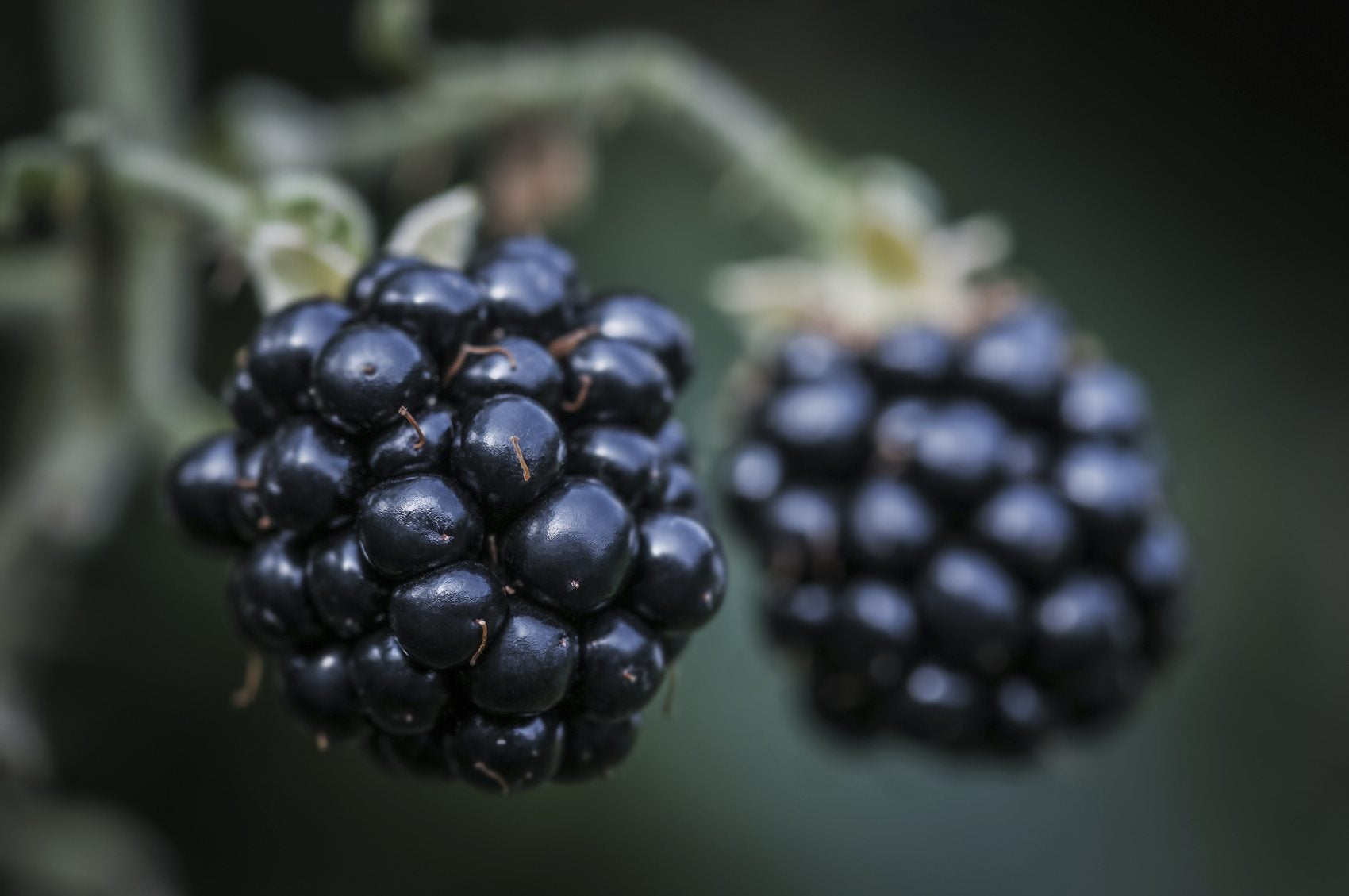
Blackberries are survivors, colonizing wastelands, ditches, and vacant lots. For some folks they are akin to a noxious weed, while for the rest of us they are a blessing from God. In my neck of the woods they grow like weeds, but we love them anyway. I’m in a fairly temperate zone, but what about growing blackberries in zone 4? Are there cold hardy blackberry plants?
About Zone 4 Blackberries
There is nothing like a sun-kissed, plump, ripe blackberry plucked from a cane and popped directly into the mouth. Sure, you might be risking a few (or a lot) of scrapes and scratches, but it’s all worth it in the end. There are numerous newer cultivars out there meant to tame the rampant ramblings of these thorny canes, making the fruit more accessible. With hundreds of species worldwide, including dozens native to North America, there’s bound to be a blackberry for you. Although most thrive in USDA zones 5 through 10, their tolerance to cold and heat varies and there are several cultivars that are suited as zone 4 blackberries.
Choosing Blackberries for Zone 4
There are two choices of blackberry: Floricane (or summer bearing) and Primocane (fall bearing). Of the summer bearing blackberries for zone 4 is ‘Doyle.’ This thornless cultivar is suited to the southern half of zone 4. ‘Illini Hardy’ has thorns and an erect habit and is probably the most cold hardy blackberry plant available. ‘Chester’ is another thornless variety but is probably more foolproof in USDA zone 5. ‘Prime Jim’ and ‘Prime Jan’ are highly thorned and produce a late crop. They might be an option for the southern regions of zone 4 with protection. Mulch the canes over in the winter. High in nutrients such as vitamins C, K, folic acid, dietary fiber, and manganese, blackberries are also rich in anthocyanins and ellagic acid, a cancer slowing agent. When cared for properly, blackberries have a lengthy life span and are fairly disease and pest resistant with the exception of birds; it might be a toss-up as to who gets to the berries first!
Sign up for the Gardening Know How newsletter today and receive a free copy of our e-book "How to Grow Delicious Tomatoes".

Amy Grant has been gardening for 30 years and writing for 15. A professional chef and caterer, Amy's area of expertise is culinary gardening.
